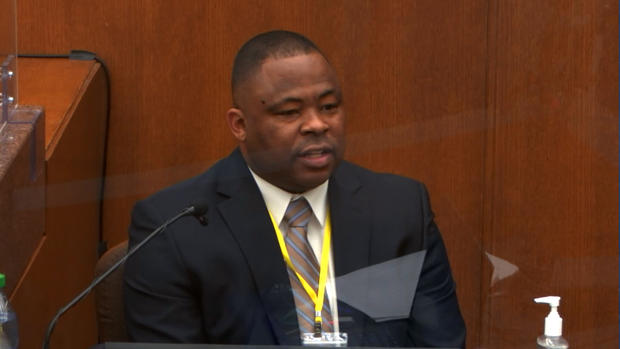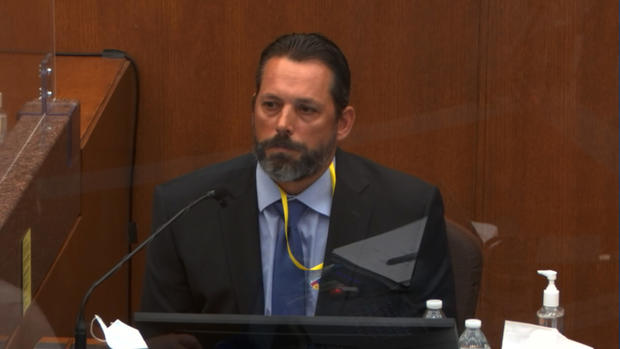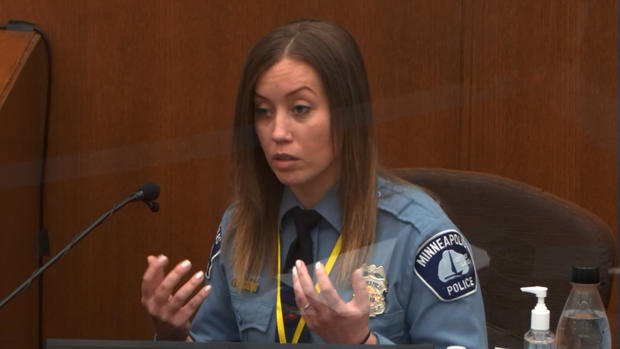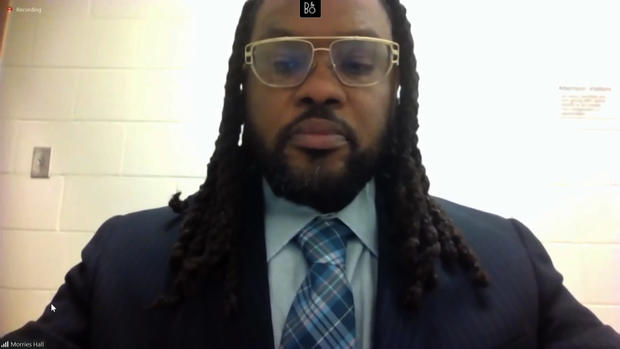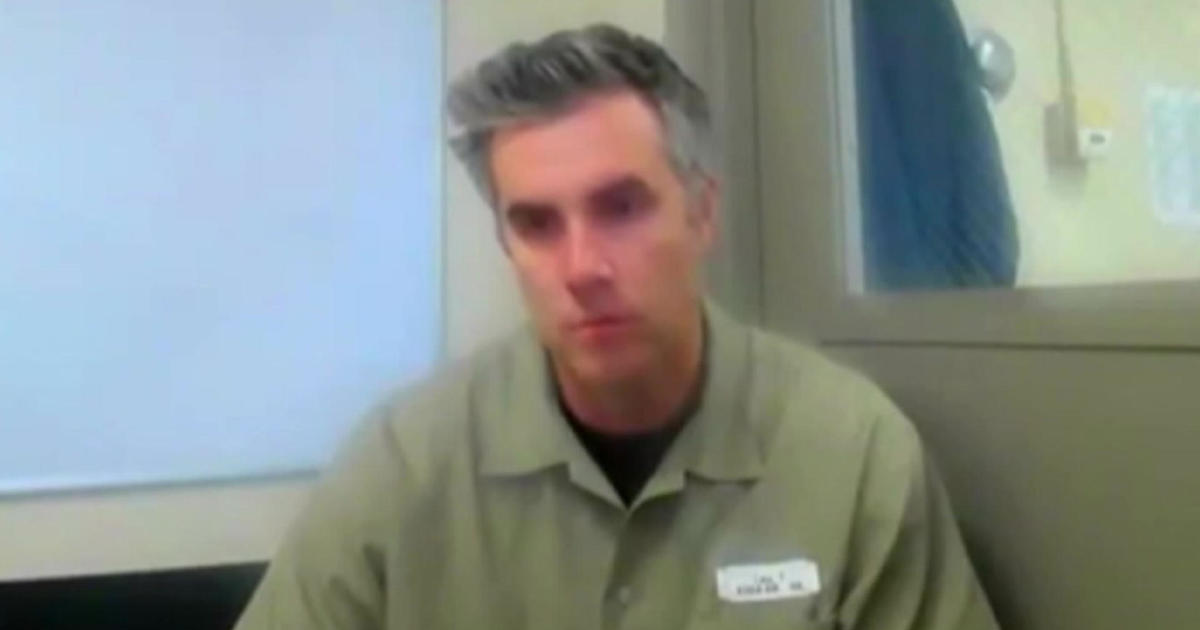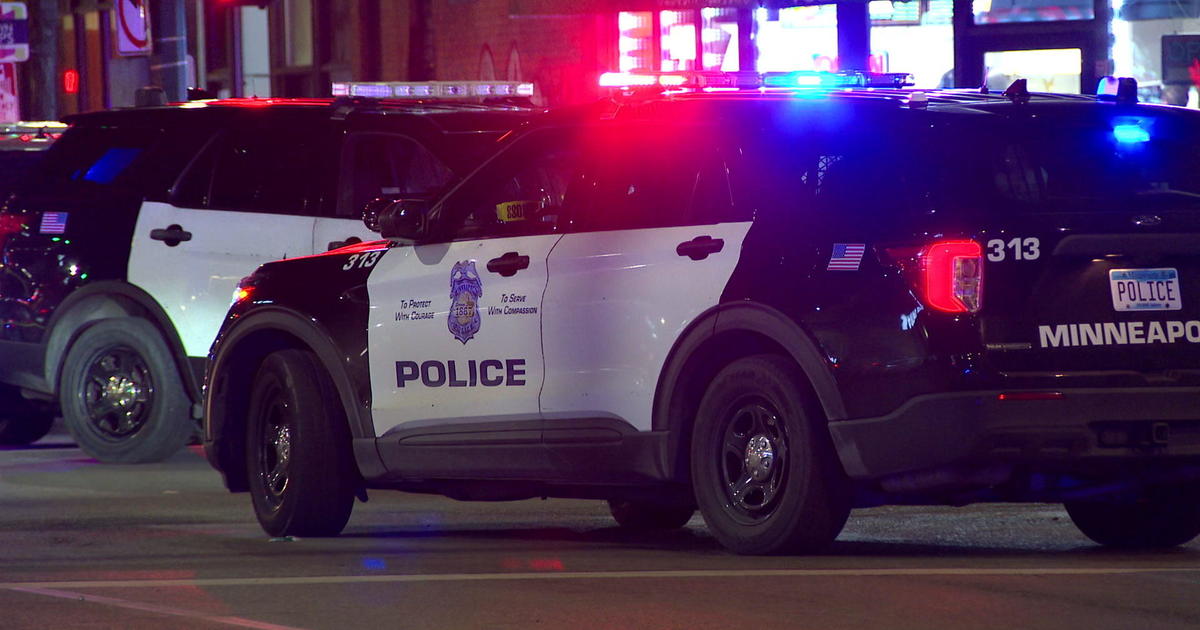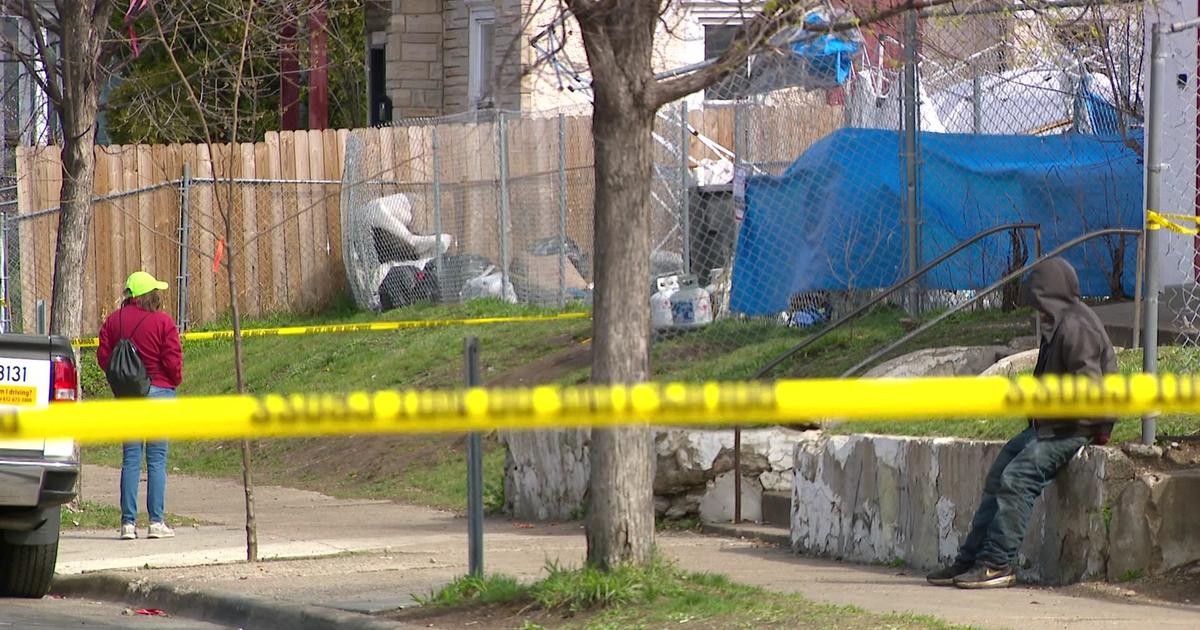Derek Chauvin Trial, Day 7: Officer Who Trained Chauvin And LAPD Use-Of-Force Expert Testify
MINNEAPOLIS (WCCO) -- A use-of-force expert from the Los Angeles Police Department took the stand Tuesday in the seventh day of testimony in the Derek Chauvin trial -- the first of a series of paid experts who will testify.
Sgt. Jody Stiger was asked his opinion on the force Chauvin used on George Floyd on May 25, 2020. Stiger called it "excessive," then explained how he came to that opinion.
"I try to look at a number of factors, what was known to officers at the time, and one of the biggest things I look at is what was the person's actions at the time the officers were using force," Stiger said.
He did say the officers were justified using force against Floyd when he was resisting being placed in the squad car, but that should have changed when he was on the ground.
"At that point, the officers, ex-officers I should say, they should have slowed down or stopped their force as well," Stiger said.
The sergeant from the LAPD was the fourth witness to take the stand Tuesday, following testimony from officers responsible for training within the Minneapolis Police Department.
In opening statements, defense attorney Eric Nelson said the evidence would show that Chauvin did exactly what he was trained to do. The prosecution's witnesses Tuesday were there to show that's not the case.
Among the experts testifying was Lt. Johnny Mercil, who actually trained Officer Chauvin in the use of force. Mercil testified that Chauvin did not follow Minneapolis police policy on force -- a policy that recognizes the medical dangers of the position Floyd was in. He was asked by prosecutor Steve Schleicher about a still from the bystander viral video that shows Chauvin kneeling on Floyd's neck.
"Is this an MPD-trained neck restraint?" Schleicher said.
"No sir," Mercil said.
"Has it ever been?" Schleicher said
"Neck restraint, no sir," Mercil said.
"Say for example, the subject was under control and handcuffed, would this be authorized?" Schleicher said
"I would say no," Mercil said.
He also testified that the prone position is a dangerous one.
"There is the possibility and risk that some people have difficulty breathing when their handcuffs are behind their back and they're on their stomach," he said.
But under cross examination, Nelson pushed Lt. Mercil, asking about the inability of three officers to get Floyd into a squad car.
"If some person had fought with more than one officer at a time, so one person against three people is a factor that officers would consider for the continued use of force?"
"Yes sir," Mercil said.
The defense touched on their repeated point that an unconscious person can regain consciousness.
"Sometimes they can be just as aggressive or even more aggressive after coming to consciousness?" Nelson said.
"That is possible, yes," Mercil said.
"At any point did you see Officer Chauvin use a choke hold in this case?" Nelson said.
"No sir," Mercil said.
The defense was able to get Lt. Mercil to say what they were able to get Chief Medaria Arradondo to say Monday: That later in the encounter, some angles show a different Chauvin knee position.
"Can you see in this photograph what appears to be the knee and shin placement of the officer?" Nelson said.
"Yes sir," Mercil said.
"And would you agree that it appears that the knee is placed in the center between Mr. Floyd's shoulder blades?" Nelson said.
"It appears to be between his shoulder blades, yes," Mercil said.
We heard testimony that a knee on a shoulder blade or upper back is part of Minneapolis Police training. The prosecution was able to point out that this positioning of Chauvin's knee occurred when Floyd no longer had a pulse.
Officer Nicole Mackenzie, the department's medical support coordinator, also testified Tuesday. She trained officers in responding to a highly agitated condition called "excited delirium," something the defense has suggested Floyd was experiencing.
"Excited delirium is a combination of psychomotor agitation, psychosis," Mackenzie said. "Somebody experiencing this, they might have what we'd call superhuman strength."
Floyd repeatedly told the officers that he could not breathe in the moments before his death. Mackenzie confirmed that Floyd could have been able to speak while in respiratory distress.
"There is a possibility that somebody could be in respiratory distress and still be able to verbalize it," MacKenzie said.
Nelson also asked Mackenzie about how the crowd at the scene could have affected Chauvin's ability to render aid.
"One of the things that you train officers to do in the administration of first aid is to consider other circumstances, right?" Nelson said.
"Correct, you would have to make sure that your scene is safe before you're able to render aid," MacKenzie said.
Before the jury arrived, the judge heard motions about whether Floyd's friend, Morries Hall, will be called to testify. Hall has threatened to invoke his Fifth Amendment right against self-incrimination. He was in the SUV before the arrest, and Floyd's girlfriend, Courteney Ross, testified that Hall sold them drugs in the past. His attorney, Adrienne Cousins, spoke on his behalf Tuesday in court.
"That he was in the car puts him in very close proximity with Mr. Floyd, and very close in time before he's alleged to have ingested drugs," Cousins said.
We also got a clue Tuesday as to how the trial is moving along. The defense said they have witnesses scheduled for next Tuesday. That means the prosecution will have rested and finished their case by then.
